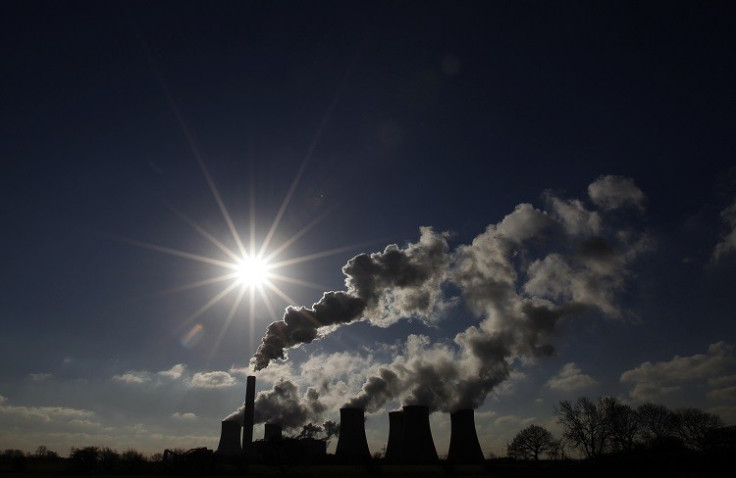SSE Sees Profit Drop but Lifts Shareholder Dividend Amid Fiery UK Energy Bills Debate

SSE's profit sank in its first half of 2013 amid higher investment and an operating loss in the energy giant's consumer-facing retail business, where it has put up household bills by an average of 8.2% triggering widespread public anger.
In the six months to September 30, SSE's profit before tax fell 11.7% to £354m (€418.8m, $562.6m). Its investment and capital expenditure - cash spent, for example, on maintaining and upgrading its network infrastructure - rose by 15% to £804m.
Despite the falling profit and higher bills for consumers, SSE lifted its interim dividend for shareholders by 3.2% to 26p per share.
There has been a significant public backlash against the energy companies in the light of rising bills because of the perception that consumers are merely underpinning profits and shareholder dividends.
The energy industry claims it is passing on rising wholesale energy costs, as well as the costs of investment in infrastructure and government levies to encourage the development of green energy sources.
Energy Secretary Ed Davey warned the so-called "Big Six" firms that dominate the market not to treat consumers as "cash cows". Labour leader Ed Miliband said he would force energy companies to freeze their gas and electricity prices for two years if he is elected in 2015.
Lord Smith of Kelvin, chairman of SSE, said the business "will work constructively with politicians of all the major parties, and that is what we are doing.
"Looking ahead, we believe that operational and financial discipline is the best way to ensure we can continue to fulfil our core purpose of providing the energy people need in a reliable and sustainable way and therefore remunerate shareholders for their investment with sustained real dividend growth."
During SSE's most recent six month trading period, its retail business slumped to a loss of £89.4m. SSE blamed it on "the impact of higher wholesale gas, distribution, environmental and social costs, which themselves were rising, during the spring and summer period of lower energy consumption."
© Copyright IBTimes 2025. All rights reserved.






















